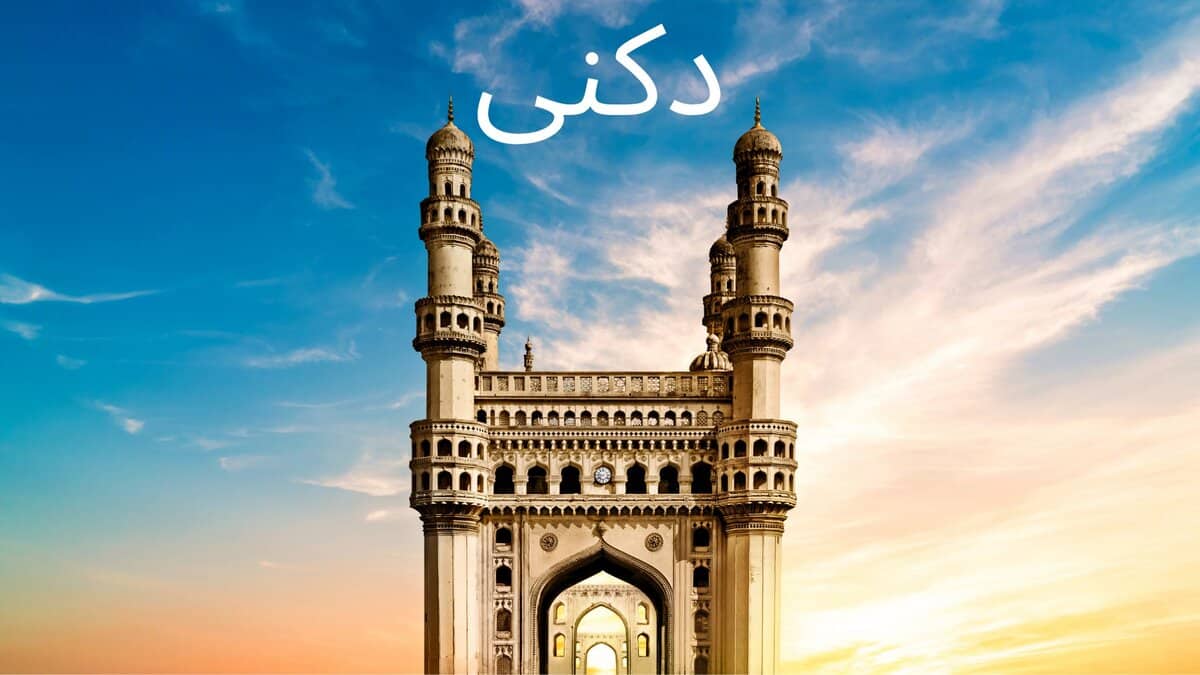
Hyderabad: A mother gives you life. What does a mother-in-law give? She gives you, her life–sometimes in harmony, sometimes in hilarity.
The Saas-Bahu dynamic has been a source of amusement, annoyance and, of course, inspiration, especially in the Indian subcontinent. Their witty sparring, sarcastic jibes and sharp exchanges are often a staple of family life — more so of comedy routines and poetry.
And who better to capture the essence of this age-old relationship than the legendary Deccani poet, Sulaiman Khateeb? His iconic nazm on the saas-bahu conflict was the highlight of this week’s Urdu Asnafe Suqan Goee programme, held at the Abul Kalam Azad Oriental Research Institute in Public Garden.
In a special session dedicated entirely to Deccani language and literature, the humorous mother-in-law Vs daughter-in-law saga came alive on stage in rich Deccani dialect. Rafia Nausheen and Atiya Mujeeb Arafi brought the characters of the fiery jaahil saas and the educated, composed bahu to life. Their expressive performances had the audience in splits and sighs.
Khateeb’s poetry, steeped in biting wit and earthy Deccani phrases, reflected the cultural reality of many households. His lines, simple yet loaded with sarcasm, retain their charm even today. Take for instance the saas lamenting:
Inne chalti so chal dekho ji
Hotan kittey hain laal dekho ji
Munh pe chodi so baal dekho ji
Kya bichaati hai jaal dekho ji
And the bahu, calm and measured, replies with poetic wisdom:
Na suno gar bura kahe koi
Na kaho gar bura kare koi
Jab tawwaqu hi uth gayee Ghalib
Kyun kisi ka gila kare koi
But the mother-in-law is not one to be silenced easily. She fires back:
Tere logan jo ghar ko aate hain
Kis ke bawa ka khaana khate hain
Jhadu kan ke ujaad kangalaan
Mere bacche ko sab dubaate hain
To which the bahu, again with poise, says:
Kaun dar par kisi ke jaata hai
Waqt majboor kar ke laata hai
Banda parvar ye baat hai itni
Banda bande ke kaam aata hai
The event, however, wasn’t all saas-bahu drama. It paid full tribute to the vibrant Deccani language — a dialect of Urdu spoken in Hyderabad and the larger Deccan region. Though considered rustic by some, Deccani has its rhythm, charm, and lyrical punch. From idioms and folk sayings to prose and poetry, the programme celebrated Deccani in all its quirky glory.
Gilli Nalgondavi, another stalwart of the genre, was also remembered for his contribution to Deccani poetry. His humorous poem, Aakhari Notice, was performed as a dramatic exchange between Sanwali Begum and the elusive Bhagode Khan. Actors Dr. Sameena Begum and Jaweed Mohiuddin’s hilarious portrayal of this ‘notice exchange’ had the audience roaring with laughter.
Ye bilkul aakhari hai aakhari tuje jo notice hai
Taraf se Sanwali Begum, Bhagode Kahn ko notice hai
Magaz phirya to mera dekhlo phir sar phiri hun main
Tummen kaan bi raho ghar ko chale aa’ao kati hun main
And the cheeky reply from Bhagode Khan:
Main tum ko maar ko chappal se jis din ghar se nikliya tha
Yakayak baithe baithe usdin mera khiyal badliya tha
Abbhi bhi waqt hai harkaton po apni sharmao
Main Nalgonda ko nai aata, tum Hyderabad aaja’o
The session also featured a reading from Sabras, the first prose narrative in Deccani Urdu, written by Mulla Wajhi. Dr. Humaira Sayeed brought alive the allegorical fable with her engaging narration.
Dr. Javeed Kamal, the man behind the Asnafe Suqan Goee initiative, provided insight into the historical evolution of Deccani and its importance in shaping Urdu literature. He also shared several colourful Deccani idioms, prompting many in the audience to pitch in with their own.
To encourage participation, books were gifted to those who correctly explained Deccani proverbs. The enthusiasm on display proved that the language is far from dying. Prof. S.A. Shukoor, Director of Dairatul Ma’arif, reassured everyone that Urdu was thriving, especially with such lively events keeping it rooted in popular culture.
The final touch came with a hilarious and idiom-filled vote of thanks by Rafia Nausheen. She summed up the mood perfectly, noting how the participants truly lit up the event, adding char chand to the proceedings with their lively performances. While some listened with rapt attention – kaan laga kar, others dozed off ghode bech kar. But the best part, she said with a smile, was that everyone stayed till the very end – not a single person did a nau do gyaarah.
The programme proved, once again, that Deccani humour, drama and poetry have the power to draw people together – with laughter, language, and a little nok-jhonk.




